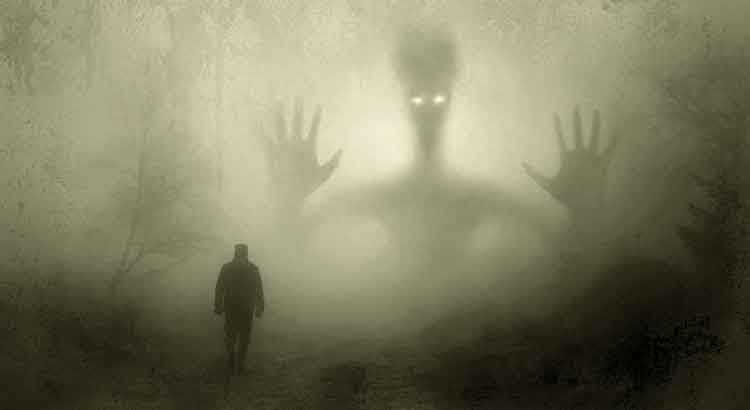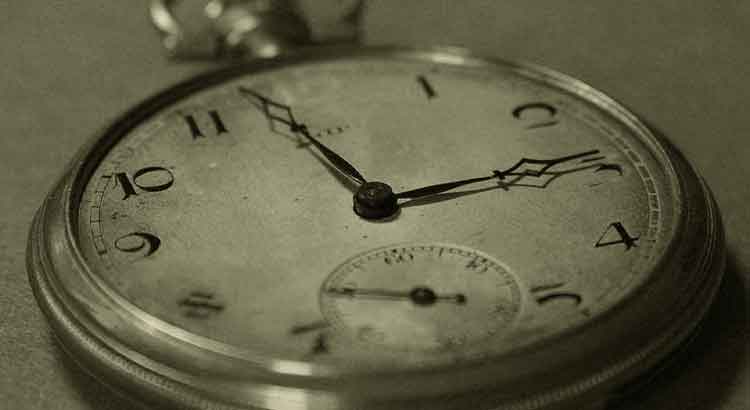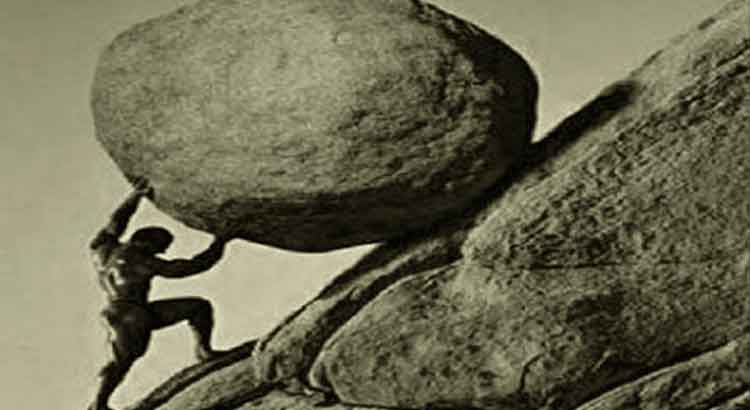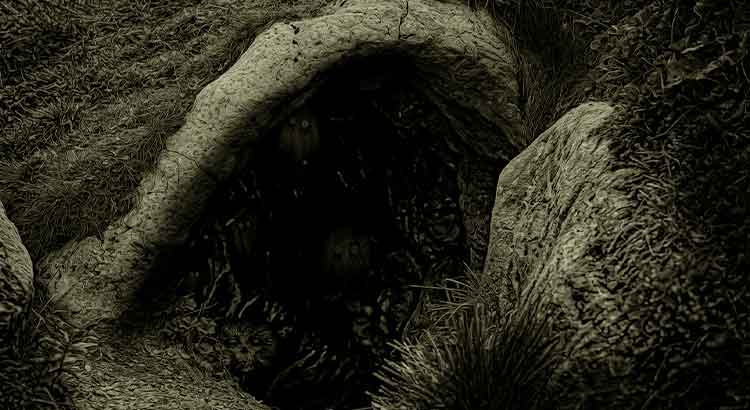In dreams play the conscience causing remorse. It leads the cruel act, forces the atrocious manifestation to then condemn, afflict, punish. Perverse being… It consumes in mind that which in life was not realized, emphasizes in the imagination what causes repulsion, engenders a universe where action denotes moral pain. Not satisfied with methodically reproducing the unfortunate act, it amuses itself by impelling real repentance to what has never happened…
____________
Read more:



